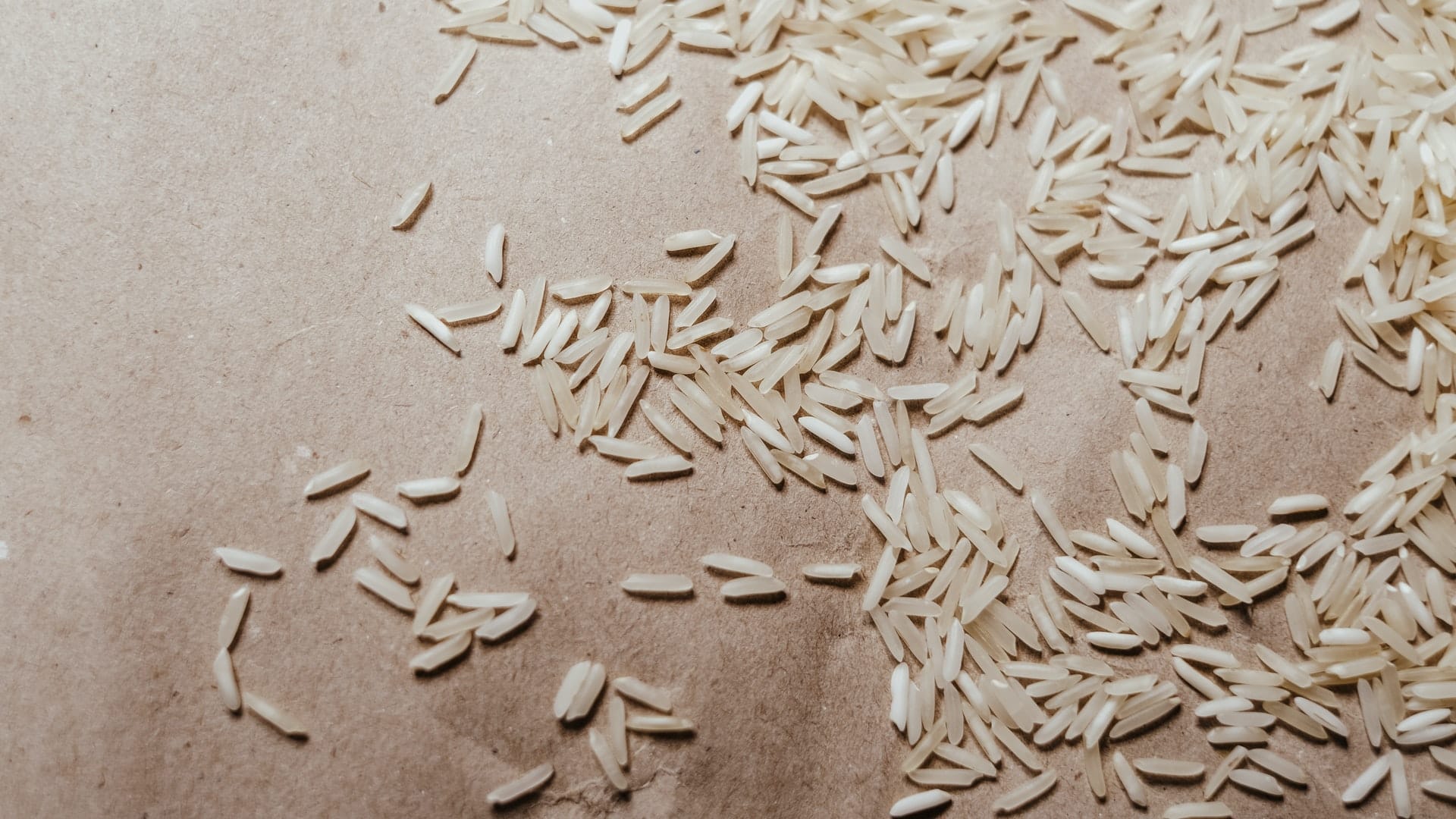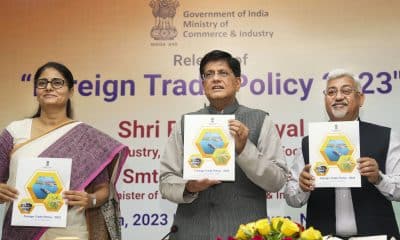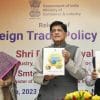Industry
India’s rice exports stuck due to shortage of freight trains
About a third of India’s rice exports are stuck because of a shortage of freight trains, say industry officials. To avoid demurrage charges, most traders have stopped signing February export contracts. India is the world’s biggest rice exporter.
India’s problems have been a boon for Myanmar, Thailand and Vietnam as their rice exports revenue has recorded gains. Officials told Reuters that slowing exports could force the Indian government to increase procurement from the farmers.
Dealers said shipments of more than 500,000 tonnes of non-basmati rice that need to be transported to ports on east coast from Chhattisgarh have been stuck due to the shortage of freight trains. Nitin Gupta, vice president of agricultural commodities trader Olam India’s rice business, said cargoes cannot move from producing centres to ports because of freight train scarcity. “There is no clarity on the availability of trains so nobody is offering fresh cargoes.”
Himanshu Agarwal, executive director at Satyam Balajee – India’s biggest rice exporter, said the delay in Indian shipments is hitting exporters hard as vessel rates have increased to $30,000 per day and some exporters need to pay as much as $500,000 in demurrage charges, wiping out their entire margin. Sources said traders are quoting higher prices for overseas shipments to cover higher demurrage charges. Prices for India’s 5% broken parboiled variety of rice have risen to $380 per tonne. This is the highest in six months.
BV Krishna Rao, president of India’s Rice Exporters Association, highlighted that higher prices and shipping delays are prompting some buyers to switch to rival suppliers in Thailand and Myanmar. “Thailand’s 5% broken rice prices rose last week to their highest since mid-July 2021 at $404-$405 per tonne. We have requested the Ministry of Commerce and Industry to help us by increasing railway wagons’ availability.”
Also Read: COVID-19 pandemic has widened inequality, rich got richer: Oxfam Report
A dealer said that in the past, traders used to switch to road transport in the absence of railway wagons. “But truckers have substantially raised freight charges in the past six months after diesel prices jumped to a record high. At least for near-month shipments, Asian and African buyers are switching to Thailand, Myanmar and Pakistan,” he said and noted that Indian exports could fall in the March quarter.













































Pingback: Global unemployment is expected to remain above pre-COVID-19 levels.
Pingback: The Government of India has recognized the potential of startups.